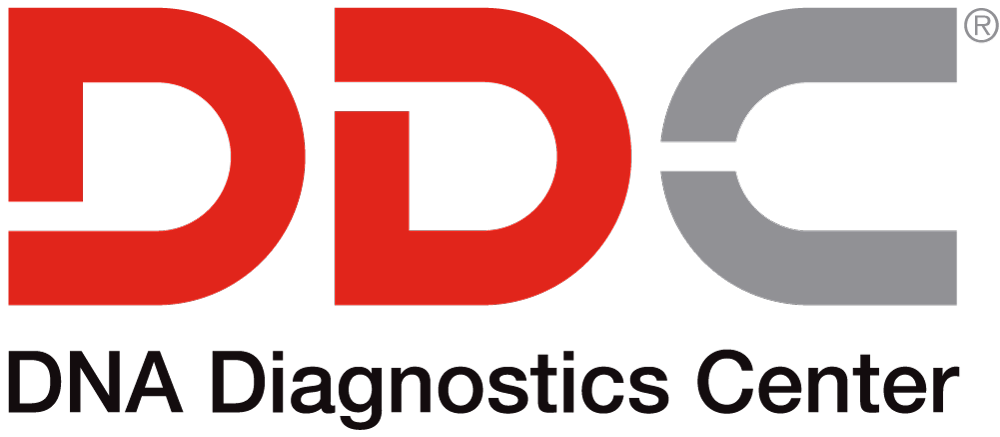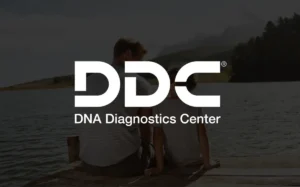JUNE 1, 2023
What Does Your Blood Type Say About Your Heritage?
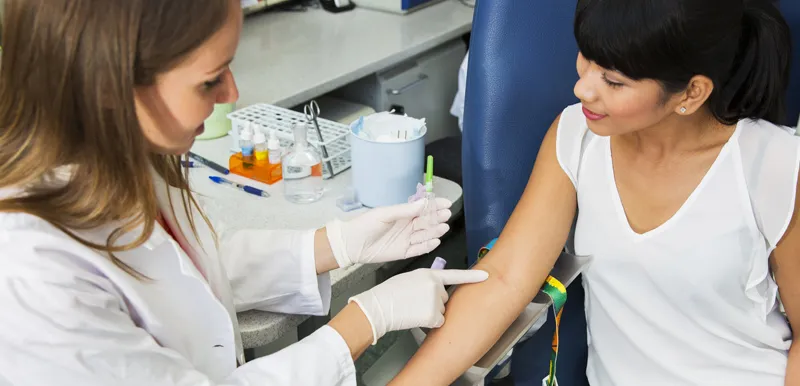
Do you know what your blood type is? Are you curious to learn what your blood type says about your heritage, health, and more? Blood is complex, and so are blood types. In this blog, we’ll explain the different blood types, how they are genetically determined, and share some surprising facts about them.
What are the Different Blood Types?
Modern science classifies the different blood types by the presence or absence of two types of molecules called agglutinogens. The two classes (A and B) are found on the surface of red blood cells. Using the ABO blood type classification system, there are four blood types: A, B, AB, and O.
- Type A blood: “A” agglutinogens are present
- Type B blood: “B” agglutinogens are present
- Type AB blood: both “A” and “B” agglutinogens are present
- Type O blood: neither “A” nor “B” agglutinogens are present
Blood types are also classified by the presence or absence of the Rh protein (positive and negative). Rh-positive blood has the Rh protein, while Rh-negative blood does not. For example, a person whose blood type is A positive has A agglutinogens and the presence of the Rh protein on the surface of their red blood cells.
How Your Genetics Determine Your Blood Type
The presence or absence of the abovementioned agglutinogens and proteins is what determines your blood type. And your genetic makeup determines whether you will carry those agglutinogens and proteins. Meaning that your blood type will correlate with a biological parent’s blood type as they pass down aspects of their heritage to you.
Common Blood Types
If you were to test all the eight billion people alive on the planet, you would find that the most common blood type is O-positive. More than one-third of the United States population has O-positive blood. On the other hand, the rarest blood type is AB-negative. While exact percentages vary by location, less than 0.5% of the world’s population has AB-negative blood.
Understanding Variations
It is important to note that the most popular blood type in specific geographic regions is not always O-positive. For example, if you were to test the population of Pakistan, you would find that their most common blood type is B-positive. Recheck the data in Armenia, and you’ll see that their most common blood type is A-positive.
Variations exist within a country’s population as well, and these variations often are apparent when looking at blood type statistics by race. For example, The Red Cross notes that approximately 45% of Caucasian Americans have either O-positive or O-negative blood. That percentage is significantly less than the 51% of Black Americans and 57% of Hispanic Americans that are type O (negative or positive).
Considering that genetic traits determine blood type, scientists can make predictions about what blood types are more common in certain countries. The more genetically diverse a country is, the more challenging it is to estimate blood type percentages within their population.
Facts About Your Blood Type
Type A Blood
- Some doctors theorize people with type A blood can better digest vegetables and carbohydrates.
- Those who have type A blood are more likely to get stomach cancer. According to a study published in the Journal of Cancer Epidemiology, those with type A blood are nearly 40% more likely to develop stomach cancer when compared to people that have type O blood.
Type B Blood
- Some studies find that people with blood type B tend to be more right-brained (flexible, creative, positive, emotional, people-oriented).
- The Journal of Cancer Epidemiology study mentioned above also found that people with blood types A, B, and AB are more likely to be at higher risk for pancreatic cancer.
Type AB Blood
- People with an AB blood type are considered more likely to have cognitive impairments. According to a study published in the Journal of Neurology, those with the AB blood type were associated with an increased risk of cognitive impairment, independent of age, race, region, and sex.
- Another interesting fact is that those who have AB-positive blood are considered universal blood recipients. Being a universal blood recipient means a doctor can treat you with any blood regardless of the type.
Type O Blood
- In contrast to those with AB-positive blood, people with O-negative blood are considered universal blood donors. A universal blood donor can donate to A, B, AB, and O. Because of O-negative blood’s many uses; it is always in high demand.
- People with type O blood are more likely to get bitten by mosquitos when compared to those with type A blood. Why? Nobody is entirely sure, but many professionals believe that mosquitos are more attracted to certain sugars that humans secrete, and these sugars can vary depending on one’s blood type.
- While bites may be more common, those with an O blood type can take comfort in knowing that they are less likely to be taken out by malaria. The protein that causes malaria — RIFIN, has a more challenging time bonding to type O blood cells than other blood types.
Find Out More About Your Roots
While your blood type can undoubtedly tell you about some aspects of your genetic makeup, you can learn so much more!
Are you curious about where you come from? With the GPS Origins® Ancestry Test from DNA Diagnostics Center (DDC), our laboratory technicians can reference your DNA across 80,000+ unique genetic markers, 1,000+ reference populations, and dozens of gene pools.
Perhaps you’re looking to uncover more specific information hidden within your genes. Consider our HomeDNA™ Healthy Weight Test.
About DNA Diagnostics Center (DDC)
DNA Diagnostic Center is the world leader in paternity and relationship testing. We serve healthcare professionals, government agencies, and individuals around the world to determine family relationships with trusted accuracy.
More Questions? Don’t hesitate to call us: we’re here to help!
CALL NOW